Today, Rwanda’s ongoing success as a regional digital hub — including initiatives like Smart Rwanda Master Plan and Irembo e‑Government portal — owes part of its early momentum to foundational efforts such as this consultancy project by GG International.
— Rwanda —
connectivity. modernization. inclusion.


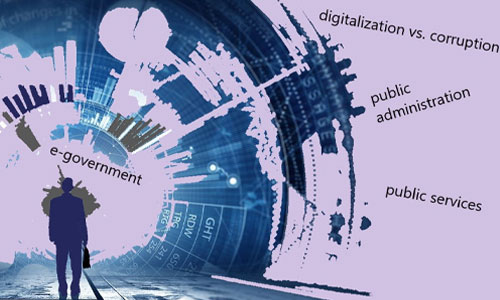
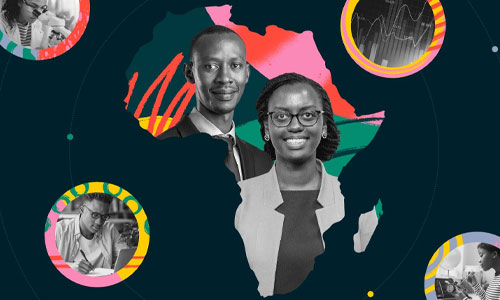
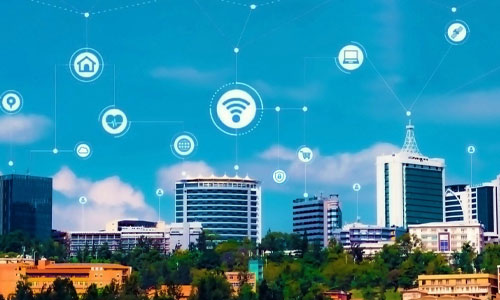
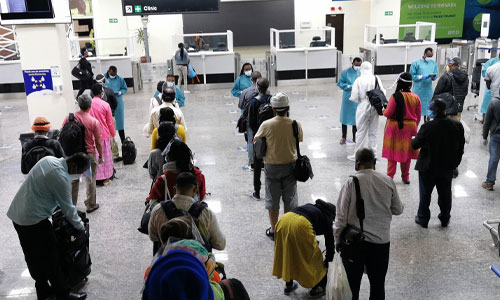
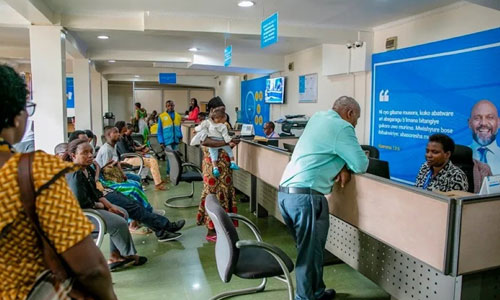
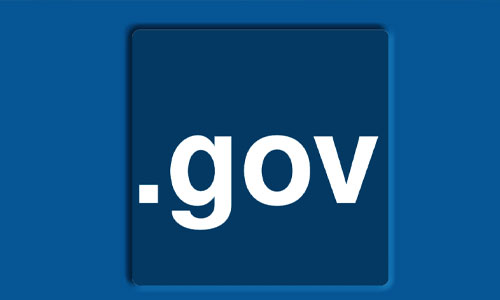


Transforming Rwanda’s Telecommunications Landscape: Laying the Legal Foundations for e‑Government Services
"Digital transformation in governance begins with building the right bridges between technology, policy, and people."
— Hon. David Butcher, Project Team Leader, GG International
Challenge
In 2006, Rwanda stood at the crossroads of profound digital transformation. Emerging from a difficult past, the country recognized that technology could be a cornerstone of rebuilding its economy, enhancing government services, and empowering its citizens — particularly in rural areas where access to infrastructure and services remained limited.
With funding support from the World Bank, the Government of Rwanda launched the e-Rwanda Project, an ambitious initiative aimed at improving governance, transparency, and service delivery through the use of information and communication technologies (ICTs). The Rwanda Information Telecommunications Authority (RITA) — the lead agency overseeing ICT development — sought specialized expertise to ensure that the country’s telecommunications sector and its legal and regulatory frameworks could effectively support the rollout of e‑Government services.
At the time, Rwanda’s telecom sector was undergoing structural shifts: the fixed-line operator had been privatized to American interests, while South African telecom giant MTN was expanding mobile access. However, sector regulations were originally designed for traditional telephony models, not for digital service ecosystems. Aligning these frameworks to meet the new demands of digital governance was a critical national priority.
GG International, through its ICT Thematic Team Leader Hon. David Butcher, was engaged to deliver strategic policy advice, conduct legal and regulatory analysis, and recommend transformations necessary for Rwanda’s telecommunications sector to become a catalyst for e‑Government success.
Strategy
Hon. David Butcher, a renowned telecommunications policy and regulatory expert, led the consultancy engagement over a focused six-week period from May to June 2006 in Kigali. The project strategy involved a multi-step process:
- Sector Assessment: A comprehensive review of Rwanda’s telecommunications and ICT landscape, including the legal and regulatory frameworks, operational challenges, and market conditions.
- Stakeholder Consultations: Intensive discussions were held with key industry players:
- The privatized fixed-line operator.
- MTN Rwanda, the country’s dominant mobile service provider.
- Nascent Internet Service Providers (ISPs) and emerging ICT businesses. These consultations offered invaluable insights into market realities, barriers to digital adoption, and private sector perspectives on regulatory reforms.
- Regulatory and Legal Review: GG International assessed the compatibility of existing telecommunications laws and regulations with the operational requirements of e‑Government services. This involved analyzing issues such as:
- Infrastructure sharing.
- Universal service obligations.
- Broadband access in rural areas.
- Data protection and cybersecurity considerations.
- Policy Recommendations: The findings confirmed that Rwanda’s foundational regulatory framework was relatively supportive of e‑Government delivery. However, specific enhancements were advised, including:
- Streamlining licensing processes to promote market entry of new ICT providers.
- Strengthening the Universal Access Fund to accelerate rural connectivity.
- Updating certain regulatory definitions to better capture emerging digital services.
This integrated and participatory approach helped ensure that both public and private sector stakeholders would buy into the transformation agenda.
Transformation
GG International’s work, under the leadership of Hon. David Butcher, provided Rwanda with a critical assessment and validation that its telecommunications legal and regulatory foundations were well-positioned to support the e-Rwanda program. Importantly:
- Foundation for e‑Government: Rwanda was able to confidently proceed with the digitalization of government services, focusing on rural outreach, education, health services, and administrative efficiency.
- Strengthened Regulatory Environment: The project’s targeted recommendations supported RITA and the Government of Rwanda in ensuring that telecom and ICT regulations evolved alongside technological innovation, maintaining a future-proofed governance framework.
- Catalyst for Broader Reforms: This project laid the groundwork for broader ICT sector reforms, contributing to Rwanda’s emergence as one of Africa’s leading examples of digital governance and innovation-driven growth in subsequent years.